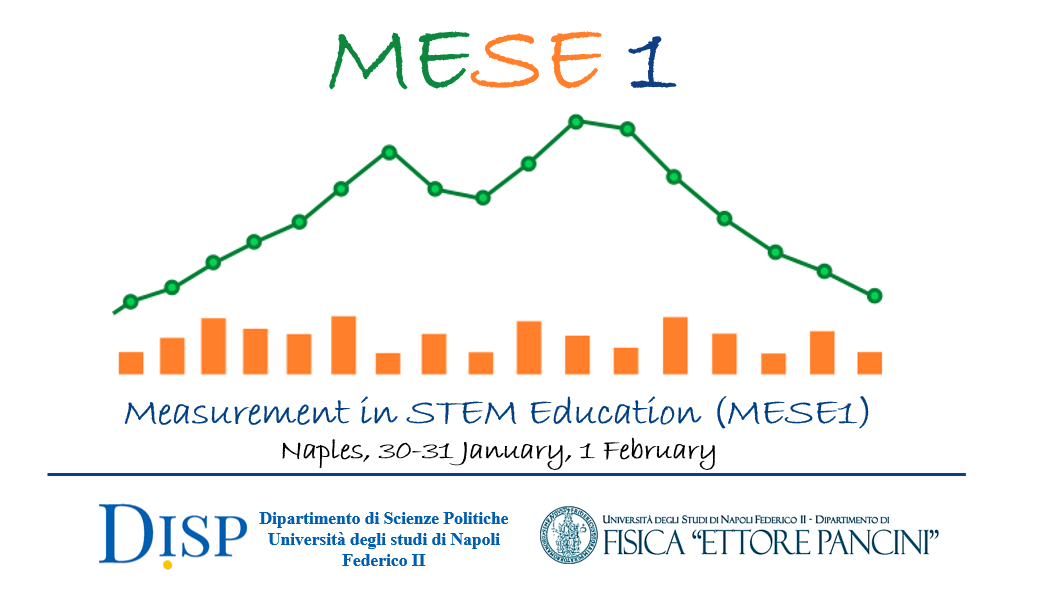Speaker
Description
The importance of STEM (science, technology, engineering, and mathematics) subjects has been growing in different economic sectors and in general for society as a whole (Murphy et al., 2019). Nevertheless, there are significant concerns in STEM education (Höhne et al., 2019) mainly related to the students' difficulties in achieving successful academic performances, the high dropout rates, and a consistent gender discrepancy (Priulla et. al., 2021). Students’ motivation to enrol in STEM courses is generally related to career expectation and their perceived competence in scientific subjects (Franks et al., 2019). Some students are, however, cautious about or unsure of their abilities to succeed in mathematics and science, leading to “don’t know” responses when questioned about their competencies. The aim of this contribution is to analyse uncertainty in students’ perceived competence from an integrated assessment perspective. We employ a within-item multidimensional latent class IRT model (Bacci et al., 2014) to analyse item responses about self-concept in mathematics and science, taking into account the “Don’t Know” option.

